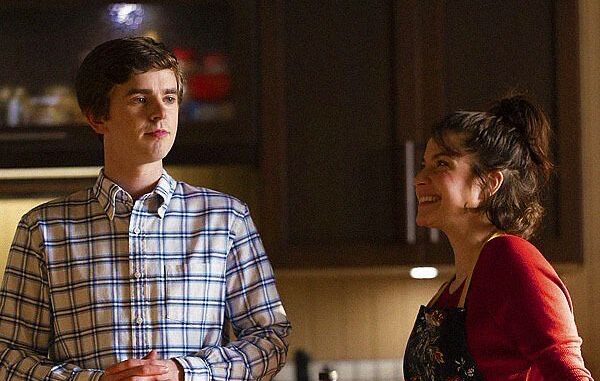
After several seasons of thoughtful character arcs, medical drama highs, and nuanced emotional beats, The Good Doctor delivered a season finale that had all the elements of compelling storytelling—but none of the balance. The episode leaned into personal crises and emotional theatrics, but it did so at the cost of character development, closure, and the very essence that made the show resonate with fans: its careful blend of heart, intellect, and growth.
At the center of the episode was the crisis surrounding Lea’s pregnancy, a storyline that had been building for months. Naturally, a pregnancy between two emotionally complex characters like Shaun and Lea was bound to offer rich material. And to its credit, the show did manage to capture the tension and uncertainty that such a life-altering situation brings. But somewhere along the way, the emotional depth gave way to overwrought melodrama.
Rather than using the pregnancy to explore the deeper emotional gaps and communication struggles in Shaun and Lea’s relationship, the finale rushed through major turning points. The hospital scenes were heavy on sentimentality, light on substance. The miscarriage, a deeply sensitive subject, was used more as a shock moment than as a thoughtful, character-deepening beat. Viewers expected to see Lea’s internal process, Shaun’s coping mechanisms, and a sense of how this experience would shape their future together. Instead, the tragedy came and went with little introspection—and worse, with little focus on what it meant for Shaun’s growth both as a partner and as a person.

This shift in tone and focus didn’t just affect Shaun and Lea—it spilled into how the show treated its supporting cast. Take, for instance, the tragic accident involving Dr. Perez and Dr. Jared Kalu. What should have been a shocking and emotionally charged subplot barely registered in the episode’s overall flow. Dr. Perez had been built up as a promising character, dealing with addiction and redemption. Jared Kalu was a returning fan-favorite. And yet, when disaster struck, the show offered little more than a passing reaction. No thoughtful aftermath. No real mourning. No acknowledgment of how these losses or injuries would reverberate through the hospital and its staff.
It was as if the tragedy existed solely to raise the stakes in a finale that already felt overstuffed with emotional beats. Viewers were left asking: why introduce such a major plot point if you’re not going to explore its consequences? In the world of The Good Doctor, where patient deaths and trauma have often served as emotional mirrors for the doctors themselves, this storyline felt like a missed opportunity.
Meanwhile, Shaun’s professional arc, once the lifeblood of the series, was conspicuously underdeveloped. Over the seasons, we’ve seen Shaun evolve from a surgical resident with social and sensory challenges into a confident and highly capable doctor. But this episode gave little attention to his career. There were no new breakthroughs, no leadership dilemmas, no pivotal surgeries that required him to step up in a meaningful way. For a finale, this absence was glaring.
Fans weren’t just watching to see if Shaun could become a good partner or father—they were also invested in whether he could continue growing as a surgeon, mentor, and team member. That layer of his identity felt sidelined, and not for the first time in recent episodes. By placing so much emphasis on his personal turmoil, the show unintentionally weakened one of the core appeals of Shaun’s journey: his triumphs in a world that constantly underestimated him.
This imbalance between personal drama and narrative momentum is what ultimately made the finale feel disjointed. Where past finales had used patient stories to reflect character growth—like the surgical team rallying together or Shaun making bold, controversial medical decisions—this episode lost that symmetry. Even the pacing felt uneven. Moments that should have lingered (like Shaun and Glassman having a heartfelt talk, or a team coming to terms with a tragic accident) were cut short in favor of emotional quick fixes and melodramatic reveals.
